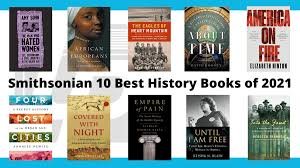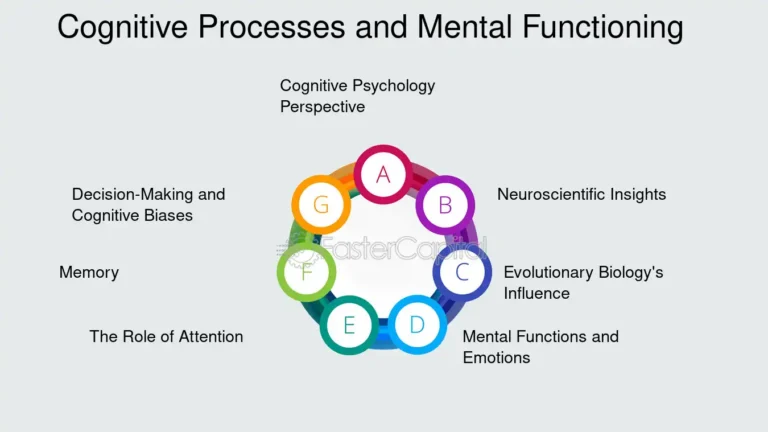
Best History Books
History is not merely a record of events and dates but a living narrative that explains the evolution of civilizations, ideologies, and the very fabric of human society. The best history books do more than document—they provoke thought, challenge beliefs, and reshape the way we understand the world. These books, penned by some of the most brilliant minds, offer deep insights into the forces that shaped human destiny, whether through war, science, revolution, or religion. In this article, we will explore a curated list of the most impactful and widely respected history books that offer a journey through centuries of human experience. From the emergence of Homo sapiens to the intricacies of colonialism, these works are both enlightening and essential. Each title is carefully selected for its scholarly value, narrative strength, and lasting influence on how history is understood.
Sapiens: A Brief History of Humankind by Yuval Noah Harari
Written by Israeli historian Yuval Noah Harari, Sapiens offers a sweeping account of the journey of humankind from prehistoric hunter-gatherers to modern consumers. Harari divides the book into major revolutions: the Cognitive Revolution, which enabled humans to outthink and outcompete other species; the Agricultural Revolution, which gave rise to cities, kingdoms, and written language; the Unification of Humankind, where trade, empires, and universal religions played a dominant role; and finally the Scientific Revolution, which radically altered our understanding of nature, time, and progress. One of Harari’s most striking arguments is that shared myths—such as religion, capitalism, and nations—enabled humans to organize in large groups. These concepts, although not biologically real, became powerful tools of collaboration and control. By challenging the traditional notion of progress, Harari forces the reader to reflect on whether our so-called advancement has actually made us happier or freer. The book stands out not only for its deep research but for its accessible, almost conversational style. Through bold insights and provocative questions, Sapiens emerges as an indispensable read for anyone interested in the broader currents of human history.
Guns, Germs, and Steel: The Fates of Human Societies by Jared Diamond
Jared Diamond, a biologist and geographer, attempts to answer one of the most profound questions in world history: why did some civilizations conquer and dominate others? In Guns, Germs, and Steel, Diamond argues that the differences in development among societies were not due to intelligence or creativity, but largely the result of environmental and geographical factors. The domestication of animals, the availability of nutrient-rich crops, and access to east-west continental axes made some regions more conducive to societal growth. These advantages led to early urbanization, technological innovation, and the development of deadly pathogens—germs—that would later devastate indigenous populations during colonial expansion. Diamond also critiques Eurocentric narratives and emphasizes how chance, environment, and geography shaped the fate of civilizations. This book combines anthropology, ecology, and political science into a powerful explanatory model that has influenced academics across disciplines.
A People’s History of the United States by Howard Zinn
Howard Zinn’s A People’s History of the United States offers an alternative version of American history told from the perspective of the oppressed, the working class, and marginalized communities. Instead of glorifying founding fathers and heroic presidents, Zinn highlights the struggles of Native Americans, African slaves, women, and labor movements. The book explores critical events such as the American Revolution, the Civil War, and the Vietnam War through the lens of resistance and social justice. Though often critiqued for its leftist ideology, the book remains a landmark in revisionist history. It encourages readers to question what they’ve learned in school and think more critically about the structures of power that define a nation.
The History of the Peloponnesian War by Thucydides
Widely regarded as the first work of realist historical writing, The History of the Peloponnesian War by Thucydides details the conflict between Athens and Sparta in the 5th century BCE. Unlike predecessors like Herodotus, Thucydides avoided myth and focused on eyewitness accounts, military strategy, and political motivation. He presents timeless themes such as hubris, democratic decay, and power dynamics. The war between Athens and Sparta serves as a case study in the dangers of imperialism and the consequences of moral collapse in leadership. Today, scholars in international relations and political science still refer to Thucydides to explain geopolitical conflicts and realpolitik.
The Silk Roads: A New History of the World by Peter Frankopan
Peter Frankopan’s The Silk Roads reorients our understanding of global history by focusing on the regions that once connected East and West. Traditionally, historians have centered narratives on Europe, but Frankopan argues that the real heartbeat of civilization lay along the Silk Roads—networks that spanned Persia, India, China, and the Middle East. Through these routes passed not only spices and technologies, but also religions, diseases, and cultural ideologies. The book moves from antiquity to modern times, exploring how imperial rivalries and colonialism shaped today’s world. Frankopan also highlights modern developments like China’s Belt and Road Initiative, showing how the past continues to inform present geopolitics. His elegant writing and massive scope make this book a fresh, essential contribution to global history.
The Rise and Fall of the Third Reich by William L. Shirer
In The Rise and Fall of the Third Reich, William L. Shirer presents a comprehensive account of Nazi Germany, based on first-hand experience and access to official documents. The book traces Adolf Hitler’s rise from obscurity to dictator, examining how a democratic society gave way to totalitarian rule. Through detailed analysis of propaganda, military campaigns, and the psychological manipulation of the German people, Shirer paints a chilling portrait of one of history’s darkest periods. He explores the impact of ideology, anti-Semitism, and unchecked authoritarianism, offering lessons still relevant in today’s political climate.
Conclusion
These books do more than document the past—they interpret, analyze, and bring it vividly to life. Whether you are fascinated by ancient wars, empires, revolutions, or modern political shifts, each of these works offers a unique and essential perspective. By engaging with them, readers gain a deeper appreciation of the complex forces that have shaped our world and the recurring patterns of human behavior that define history itself. In an age of rapid change and uncertainty, the lessons of the past have never been more important, and these books serve as both guides and warnings for the present and future.





